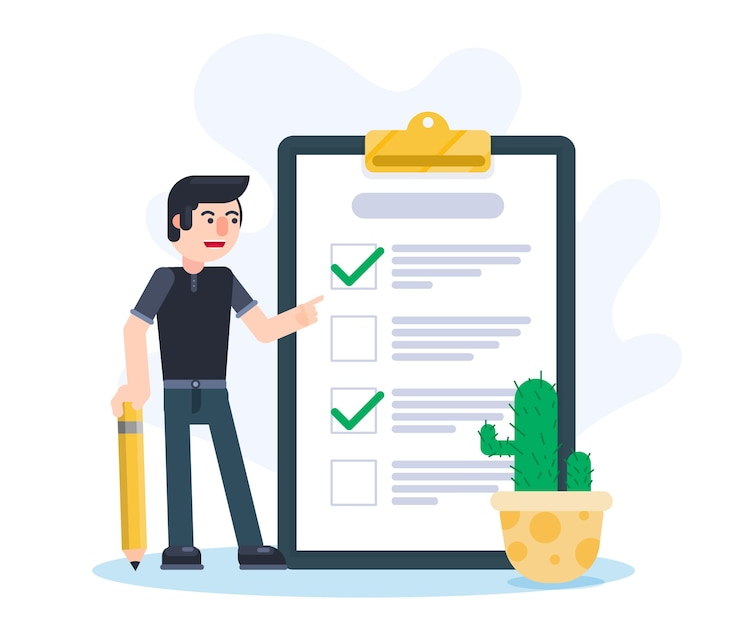e-Way Bill
Easily setup a sole proprietorship with registrations, LEDGERS and business bank account.
Benefits
- Fewer legal formalities than LLP.
- Associated with the GST and income tax departments.
- Full control over the business for the sole proprietor.
- No separate business tax filings.
- Easy to disassemble.
Offers and discounts
Save 18% with GST Registration
Get GST e-invoice with Input Tax Credit
Get Whatsapp Support
Chat with Us for Hassle-Free Tax Solutions!

Get Free Consultation
Get Free Consultation Before Action: Call or Meet Us in Person!

A Step-by-Step Guide to the E-Way Bill System
The e-way bill system, introduced in April 2018, is an electronic document required for the movement of goods exceeding Rs. 50,000 within India (except for some specific goods). It acts as a virtual permit for tracking goods in transit. Businesses involved in the supply of goods, irrespective of whether it is a sale or movement for reasons other than supply (like for repairs or exhibitions), need to register on the e-way bill portal.
5 Steps for E-way Bill Generation via the E-way Bill Portal
The E-way bill system, implemented in April 2018, streamlines the movement of goods within India. Ensure you have the required documents before generating an e-way bill on the e-way bill portal.
Step 1:
Visit the E-way Bill Portal, register your account and sign in.
Step 2:
Click on the ‘Generate New’ option on the vertical navigation bar.
Step 3:
Your transaction type will be ‘inward’ if you are a recipient and ‘outward’ if you are the supplier.
Step 4:
Enter your details and goods description.
Step 5:
Generate an e-way bill by clicking on the ‘submit’ button. You will get a QR code and the e-way bill number.
Documents to Generate an E-way Bill GST
- Purchase order
- Delivery challan
- Bill or invoice of supply
- Transporter ID
- Vehicle number (if the goods are transported by road)
- Transport document number and transport date (if the goods are transported by ship, rail or air)
Information Required to Generate a GST E-Way Bill
- Pin code of the place of delivery
- Challan number and invoice of the supply
- GSTIN of the recipient
- Reason of transportation
- HSN code of the goods
- Goods receipt number and more

Stimulate Your E-Way Bill Generation with a Trustworthy Tax Consultant

Importance of Generation of GST E Way Bill
The generation of GST e-way bill is important for the suppliers as well as the government as follows:
- E-way bills make it difficult to evade taxes by under-invoicing goods or transporting them without proper documentation.
- Real-time data from E-way bills allows the government to monitor goods movement effectively.
- Faster resolution of any disputes that might arise during transit due to the digital record of the transaction is possible.
- It safeguards against penalties imposed for non-compliance during the transportation of goods.
- It provides transparency and supply chain management.
Final Words
Generally, a registered supplier must generate the e-way bill, but if the supplier is not registered, then he should first enrol on the common portal. E-way bills ensure that all businesses, big or small, follow the same regulations for transporting goods. Thus, it decreases the chances of fraud in the transportation system.
FAQs
Should I Register Under the E-way Bill System if the Consignment Value Does not Exceed Rs. 50,000?
It is not mandatory is register under the e-way bill system if the consignment value is less than Rs. 50,000. However, you may do that voluntarily.
What is FORM GST EWB-01?
E-way bill is also called FORM GST EWB-01 and is generated on the Eway Bill Portal.
What Is the E-way Bill 2 Portal?
The E-way Bill 2 Portal is a relatively new initiative launched by the Government of India’s National Informatics Centre (NIC) in June 2024. Even if the main Eway Bill Portal encounters technical glitches or undergoes maintenance, the Eway Bill 2 Portal can act as a backup.
Should I Register on the E-way Bill Portal After Registering on the GST Portal?
Yes, the GST portal only gives you a GSTIN that should be further used for registering on the E-way bill portal. The E-way bill system has a separate portal from GST.
When Is an E Way Bill Not Required?
An e way bill is not required for the goods listed in Schedule I of the Central GST Act, agricultural produce, movement of finished goods between two places within the same state, goods being exported or imported, high-value goods, those related to Indian defence forces, weighing purposes within a distance of 20 kilometres and those with a consignment value below Rs. 50,000.

